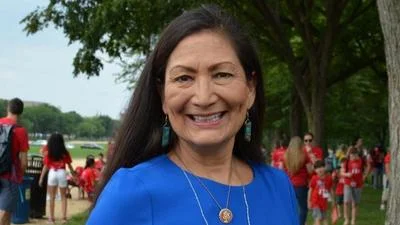Jim Winchester Executive Director | Independent Petrolium Association of New Mexico
IPANM has submitted its complete set of witness testimonies to the Oil Conservation Commission in response to a rulemaking petition from the Western Environmental Law Center (WELC). The petition seeks to increase financial assurance requirements for oil and gas operations on state lands. IPANM’s filings represent a year of policy work, data collection, and testimony aimed at opposing the proposed rule.
According to IPANM, the new rule is being promoted by environmental groups who want to stop the continued operation of marginal wells. The organization also criticized the New Mexico Oil Conservation Division for supporting these proposals. "Make no mistake, this rulemaking is being driven by environmental groups that want to end the secondary lifecycles of marginal wells. The New Mexico Oil Conservation Division has done no favors for us either through their near blanket-support of these proposals, as their testimony reflects," stated IPANM.
IPANM emphasized its strong opposition: "IPANM is treating this rulemaking with the highest priority, and our testimony reflects our most vigorous opposition to this proposed rule. (For context, the proposed rule is being pushed administratively after the enviros and the OCD failed to get legislation passed in previous sessions.)"
The organization thanked its members who contributed testimony on various topics such as effects on operators, deals and acquisitions, conservation tax, legal aspects of the rule, bonding markets, study findings, impacts in Colorado, and general member issues.
Legal representation for IPANM during this process was provided by Drew Cloutier and Ann Tripp from Hinkle Shanor LLP in Roswell. IPANM expressed appreciation for their efforts: "On behalf of the membership, I’d like to thank our legal team for months of fulltime work to prepare our filings, Hinkle Shanor LLP."
Testimonies from other organizations involved in this issue—including NMOGA, NMOCD, WELC, Oxy, and the State Land Office—have also been filed as part of public record.









